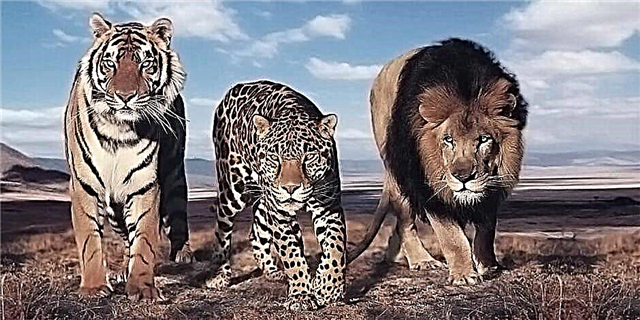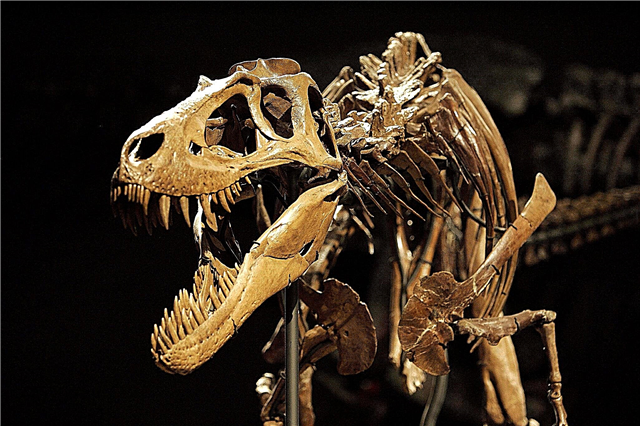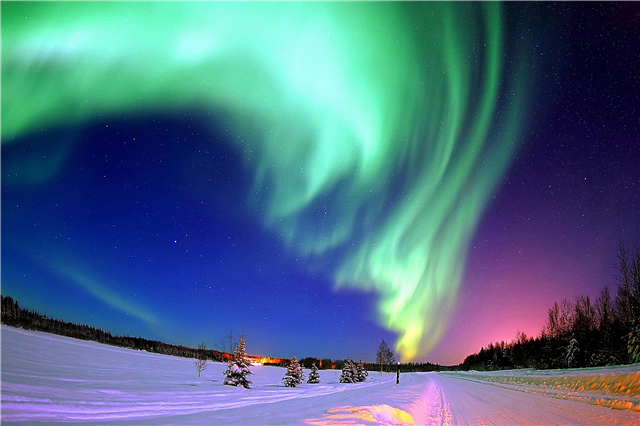
Even in high school, in physics lessons, they teach that all bodies are composed of molecules and atoms, and even in a small object there can be trillions of them, depending on the density. But is it possible to calculate the total number of atoms in the universe? If so, what is the final number?
The advent of the universe
About 13.8 billion years ago, the universe was a small singularity of increased density. At a certain point, it began to expand sharply in space. It was this instant that was nicknamed the Big Bang.
A large amount of light energy rushed in different directions, forming space. After some time, molecules capable of forming substances began to appear in it.
Interesting fact: After 300 million years, galaxies began to form, but their appearance was far from the present. After only a few trillion years, they will gradually take the form of a disk.
How many atoms are there in the universe, and how are they counted?

At the moment, scientists have not yet come to the final conclusion whether the universe is finite. If the space around has no boundaries, then the number of atoms is infinite. However, it is possible to calculate this parameter in the visible region limited by relic radiation.
The distance extends to 13.8 billion light years in space. It is estimated that this area contains approximately a trillion galaxies. Each has 100 billion stars.Scientists decided to calculate the number of atoms in one star, taking the average value as dimensions. It turned out that the mass of one star is about 1033 gram, and most of the atoms belong to hydrogen. And their number in one gram of this substance is equal to the number of Avogadro - 1024.
And if you multiply the number of galaxies by the number of stars, and by the number of atoms in one star, you get a value equal to 1080. It is worth noting that the number is only approximate, and planets and other space objects are not taken into account here. However, the mass of stars is so great that it makes up most of the total weight of bodies in the universe.
The total number of atoms in the universe is approximately 1080. Scientists got this value when calculating the sum of atoms in one star and multiplying it by the total number of luminaries in the viewing area.












